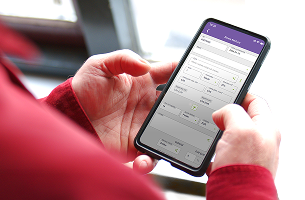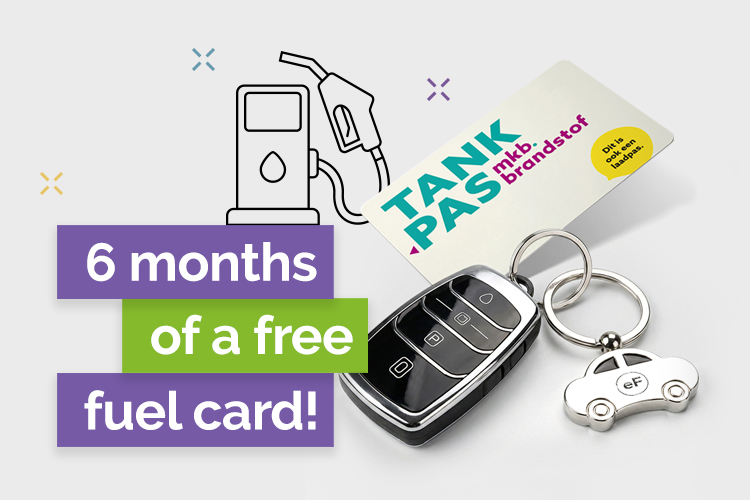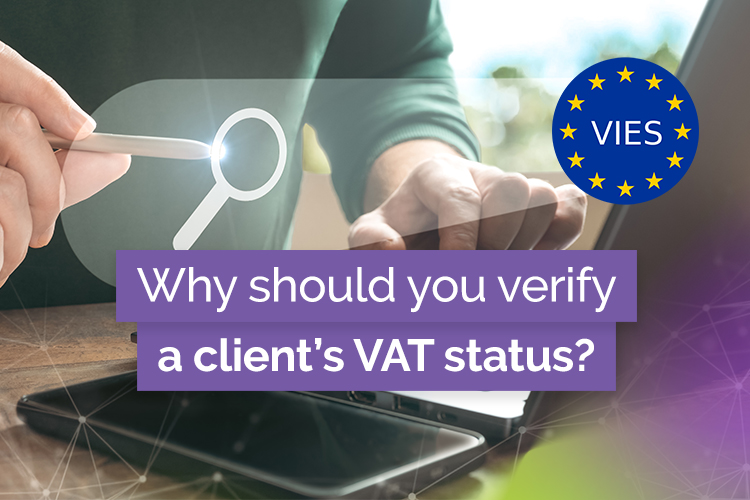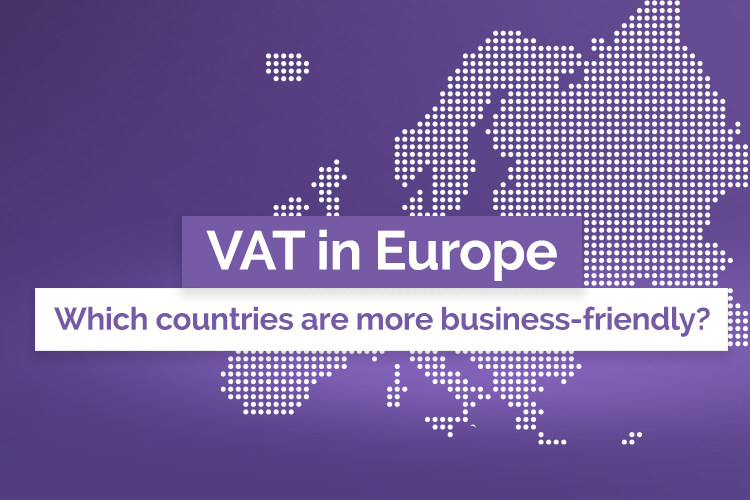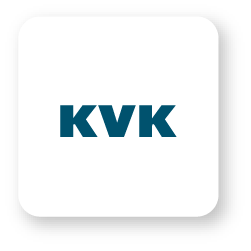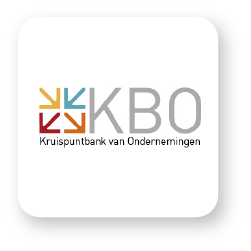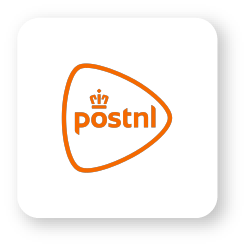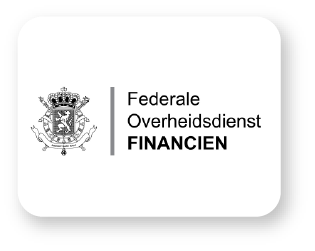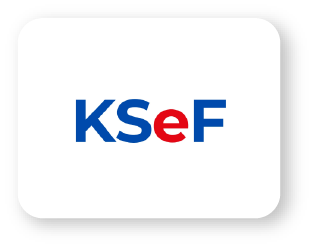Tax control in the Netherlands
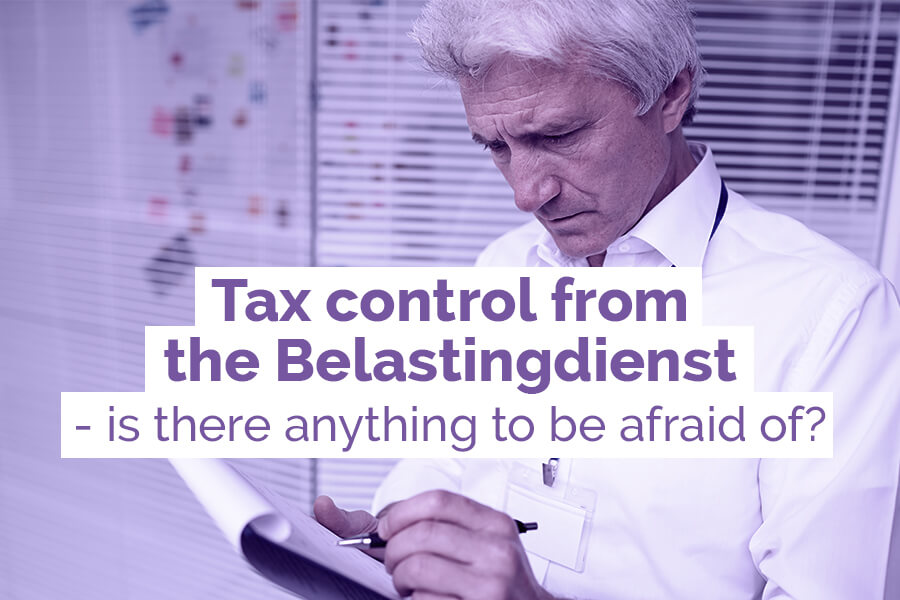
For every entrepreneur, tax control can bring a lot of fear.
Do you want to know what tax inspections in the Netherlands usually concern?
Check how ow to run your company’s administration to avoid unpleasant consequences.
What and how does the Dutch tax office (NL: Belastingdienst) control?
Tax inspections are aimed at determining whether the information provided in your tax returns is true and whether the settlements are performed correctly.
The most important issues are:
- correct and complete invoicing of the company’s turnover,
- correct deduction of business costs,
- application of reliefs and reductions for entrepreneurs,
- settlements related to the use of a car in the company,
- correct VAT settlement (NL: BTW).
The Belastingdienst usually checks taxpayer details automatically. They come from many sources – for example, tax returns, the congregation or your bank. If during such an automatic check the system comes across something unclear, you can expect a letter notifying you of the tax inspector’s check in your company.
In addition, it may happen that your company is randomly selected for inspection for no specific reason. This is the so-called random control (NL: steekproefcontrole).
Who gets audited?
Tax audits occur both in large, medium and small companies – there is one rule here. In 2018, for example, 713 large companies, 12,800 medium-sized and 6,900 small companies were inspected.
A good practice on the part of the Dutch tax office is the contact of a tax inspector with a young entrepreneur within 6 months of registering his company in Kvk. In such circumstances, the inspector’s only purpose is to make sure that the entrepreneur knows and correctly applies the tax rules. In addition, each year the Belastingdienst pays more attention to a specific issue, such as working time registration or car mileage in the company.
Remotely or with a visit?
As we have already mentioned, tax audits usually take place remotely. It may also happen that the inspector visits you in person. Then he will want to see your financial records. If a visit is to be conducted, prepare not only invoices and receipts, but also bank statements, offers, time registration and vehicle administration. In this case, the more reliable documents, the better.
5 tips to avoid unpleasant surprises.
1. Your invoices must be issued correctly.
Firstly, when issuing invoices to your clients, you must pay attention to the requirements imposed by the Tax Office. This is not only about applying the correct VAT rate (BTW). Also important are other information on the invoice, e.g. correct numbering, complete details of your company and customer details.
You can read more about the correct invoice HERE.
2. Count your working time.
During the inspection, questions will often be asked about the number of hours you have devoted to running your business in a given year. Remember that you must have at least 1225 of them in a calendar year. This limit includes the hours you directly spent on an order for a client. In addition, the so-called intermediate hours, i.e. time spent on acquiring a new client, writing offers, running company administration, company commuting, etc.
Remember that by meeting the hourly criterion, you can benefit from a reduction in the taxable amount (e7.030 in 2020) and, as a starting company you can get an additional reduction (e2.123).
Read more HERE.
3. Administer vehicles in the company.
In the Netherlands, the issue of proper vehicle administration is quite complicated. An important element is to properly record kilometers. If you do it right, it can save you a lot of tax. Meanwhile, if you neglect mileage registration, it can cost you a lot of money.
You can learn how to properly administer the vehicle by reading further HERE.
4. Archive documents.
Store documents for at least 7 years – the inspector can randomly verify your accounting documents from this period. In some situations, the retention period for documents is even 10 years, e.g. when you buy real estate for a company or provide digital services.
Remember that the documents that the inspector may ask for are not only receipts and invoices. It is also bank statements, offers, time records, mileage records, and even a company calendar.
5. Get professional help.
To keep the so-called “paperwork” in order, it is worth using a program designed for this purpose. Such a program will make it easier for you to correctly issue invoices. It will also facilitate the recording of working time and kilometers. Make sure that such a program meets the Belastingdienst guidelines. You can also ask for support from the accounting office you work with.
Contrary to popular opinion, you should not be afraid of being audited. The visiting tax inspector is not looking for a way to hand you a fine, but simply examines your administrative situation. In other words, he checks whether your tax returns are correct and whether you are entitled to tax reliefs that have been calculated. In addition, it also checks how you organise your tax documentation and provides advice and support in case of anything that may be unclear.
By running the company’s administration reliably and systematically, you can have a peace of mind and, an unexpected Belastingdienst inspection will be just a formality.
